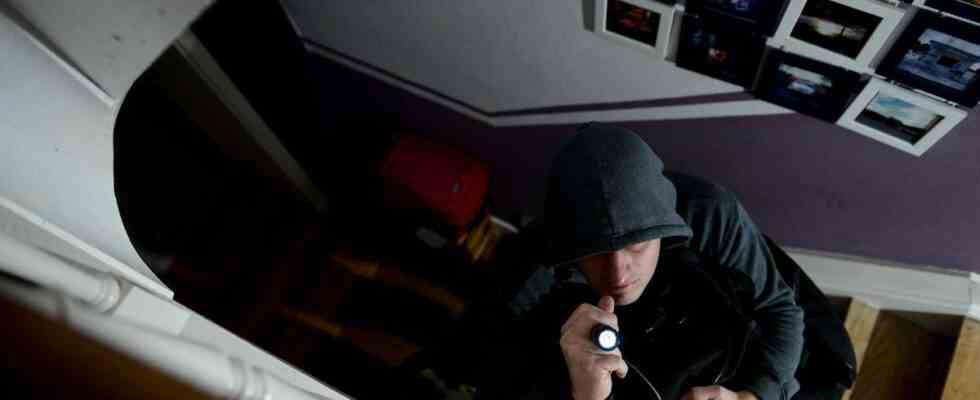This is a new method that worries investigators. Since the beginning of the summer, about sixty burglaries – or attempts – “with acid” have been listed in Ile-de-France, more particularly in the west of Paris.
The thieves “inject a corrosive liquid into the lock cylinder, which deteriorates the mechanism by causing it to melt. They then slip a tool inside which allows them to open very quickly and without making noise”, details a police source, who confirms that the “phenomenon is new”. “We had never seen that,” he says.
A well-established method
Of these sixty burglaries, around forty took place in the Hauts-de-Seine, in particular in Issy-les-Moulineaux, Sèvres and Levallois-Perret. The Yvelines department was also affected and, to a lesser extent, those of Paris and Val-de-Marne.
If the police use the term “acid” burglary, the nature of the product injected remains unknown for the moment. Analyzes are underway to identify it from traces found on the doors and locks. “We know that it is a corrosive liquid which makes it possible to dissolve materials, but we do not yet know its precise composition. It can be acid, liquid nitrogen or any other product, ”explains another police source.
And the method of burglars is well established. First, they inject glue into the lock of the targeted housing. When they return – probably a few days later – if the glue is still there, it’s because the door hasn’t been opened, suggesting that the owners are on vacation. “It seems that this is the modus operandi used,” reports one of the investigators, who claim that the thieves knowingly chose the summer period to carry out their burglaries.
An organized network?
If, for the moment, no track is privileged, the investigators lean more for a gang rather than an isolated burglar. “The phenomenon is new and it has spread over several departments, it can hardly be one or two people. We think we are dealing with a network, with people experienced in their field, ”said a police source.
In an attempt to identify the thieves – and as with any burglary – the scientific police made the trip in each case to find traces and clues at the scene. “We compare fingerprints or genetics with our files to see if it matches someone,” he adds. “We don’t know if it was a summer technique that will end with the holidays or if a new method,” confides one of the agents. In the meantime, an investigation has been opened for each burglary or attempted burglary.

